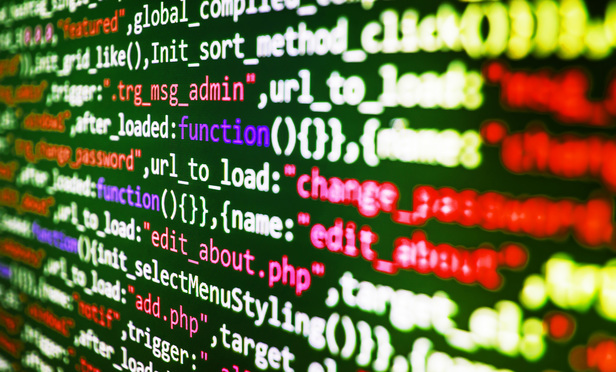While machine learning cannot currently match human professionals’ ability for higher-level interpretation, it is still capable of automating a wide variety of decisions. From classifying invoices and unstructured data to predicting future case outcomes, these decisions are becoming more vital in the legal space.
However, these automated decisions are also raising ethical questions of how much the legal industry should rely on them. Much of the apprehension rests on the issue of transparency, essentially the extent to which one can unravel the way machine learning programs reach certain conclusions. But despite some standard approaches, understanding when and how to explain these decisions is not always clear.
This content has been archived. It is available through our partners, LexisNexis® and Bloomberg Law.
To view this content, please continue to their sites.
Not a Lexis Subscriber?
Subscribe Now
Not a Bloomberg Law Subscriber?
Subscribe Now
LexisNexis® and Bloomberg Law are third party online distributors of the broad collection of current and archived versions of ALM's legal news publications. LexisNexis® and Bloomberg Law customers are able to access and use ALM's content, including content from the National Law Journal, The American Lawyer, Legaltech News, The New York Law Journal, and Corporate Counsel, as well as other sources of legal information.
For questions call 1-877-256-2472 or contact us at [email protected]



